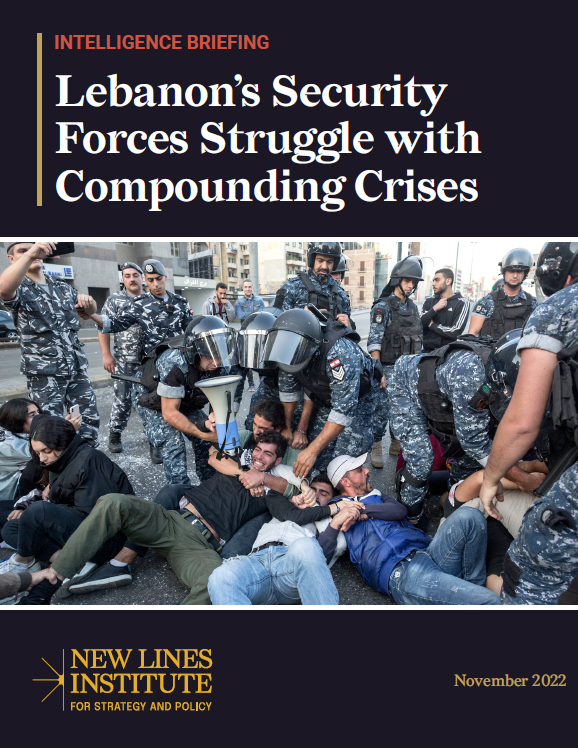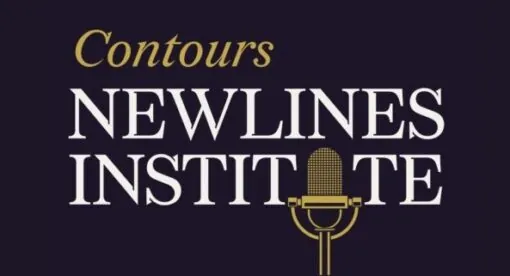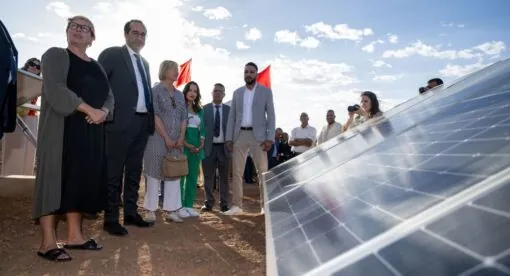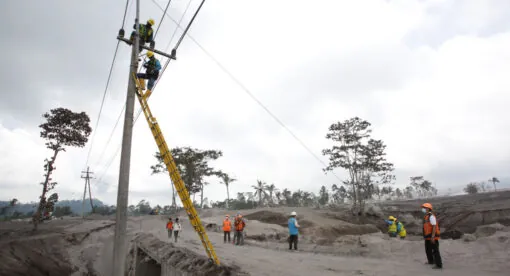Introduction
Since the October Revolt of 2019, Lebanese security forces have been struggling to manage compounding crises in their country. The Lebanese Armed Forces (LAF) and Internal Security Forces (ISF) have increasingly stood between Lebanese leaders, factions, militias, criminals, and people. In doing so, they have had to remain loyal to the republic, within which they must operate despite its deep flaws; work under leaders who claim privileges and perks while abdicating duties and responsibilities yet remain powerful; and serve and protect– but also clash with – Lebanese people with whom soldiers and police have much in common.
As the state decays and society frays, Lebanese security forces will struggle to meet their mandates, maintain their operational tempo, and preserve – let alone keep developing – the personal pride, unit morale, discipline, institutional integrity, and public trust they have long labored to regain since the end of Israeli and Syrian occupations in 2000 and 2005.
Even the LAF may thus lose its luster, or what some call its “aura” of authority or “halo effect,” as soldiers increasingly fall to fighting with citizens, fail to stop others from clashing, and otherwise ensnare themselves in the complex policing of people who are suffering severely. The LAF is still one of the most capable state institutions in Lebanon and retains tens of thousands of soldiers who have continued to “abide by [their] mission” in difficult circumstances, but even beyond its significant shortcomings, LAF officers, soldiers, and their families are suffering, too. Ultimately, they are “children of their society and environment.”
To help maintain stability in the Levant, U.S. officials may wish to increase support for and improve cooperation with the LAF, ISF, and other Lebanese security forces. Without additional support and cooperation, Lebanese security forces “cannot in such a dire, worsening situation [meet] responsibilities for preserving public security and safety.” In addition to being primarily responsible for maintaining stability and managing complex challenges in the coming years, the LAF and ISF will be important security partners of the United States, which has long-range interests in helping to preserve their institutional integrity, improve their overall practice, and cooperate with them over time in the Levant.7
This Intelligence Briefing examines the compounding crises in Lebanon; provides background and context, including on prevailing political issues in Lebanon; shares information and insights gathered through more than 220 interviews and conversations, mostly in Beirut and Washington, D.C.; and provides perspectives on U.S. policy toward Lebanon, including important and urgent cooperation with partners such as the LAF and ISF. The author interviewed lawmakers, ministers, officials, generals, officers, soldiers, police, advisers, academics, analysts, activists, business owners, lawyers, and citizens in Lebanon.
The Institute also interviewed American, European, and Arab officials, diplomats, and analysts. In addition to secondary sources cited in the endnotes, the author reviewed books, journal articles, and archival materials for broader context.
Anthony Elghossain is an adviser to the Human Security Unit at the New Lines Institute. A lawyer and writer based in Beirut, he holds a B.A. in Political Studies from the American University of Beirut and a J.D. from The George Washington University Law School. In addition to advising non-governmental organizations around the world, Anthony has written for New Lines Magazine, The New Republic, the Carnegie Endowment, the Atlantic Council, Roads & Kingdoms, and other publications. Anthony is working on his first book, “They Came in Peace,” on U.S. foreign policy in the Levant.
The views expressed in this article are those of the author and not an official policy or position of the New Lines Institute.






